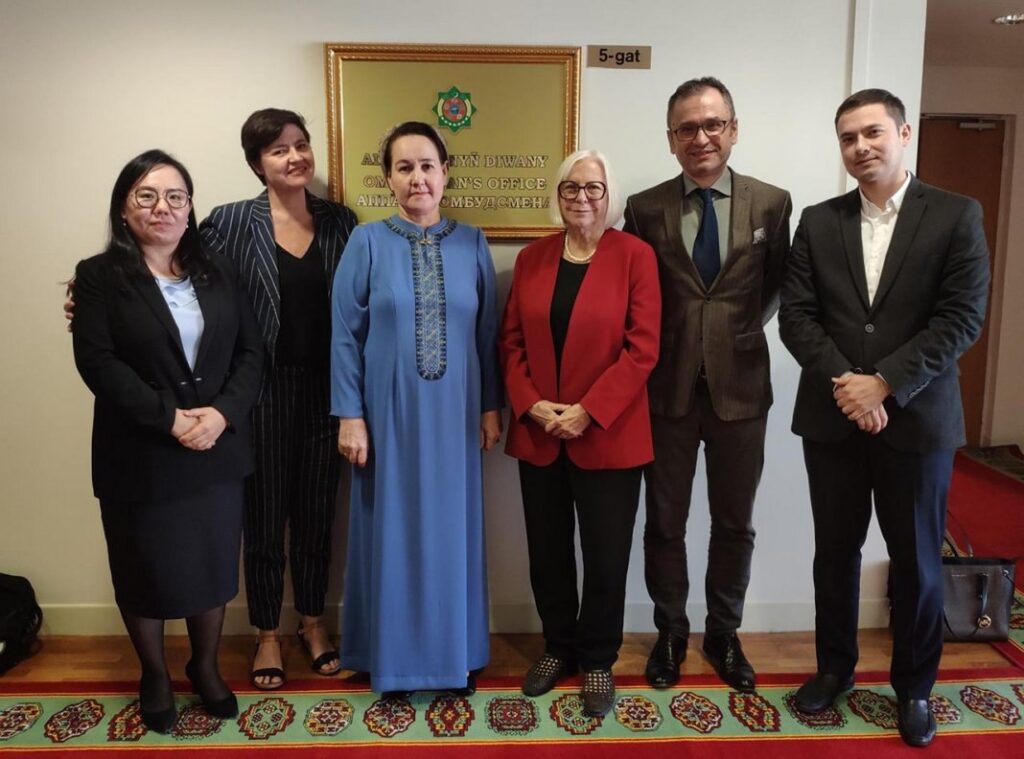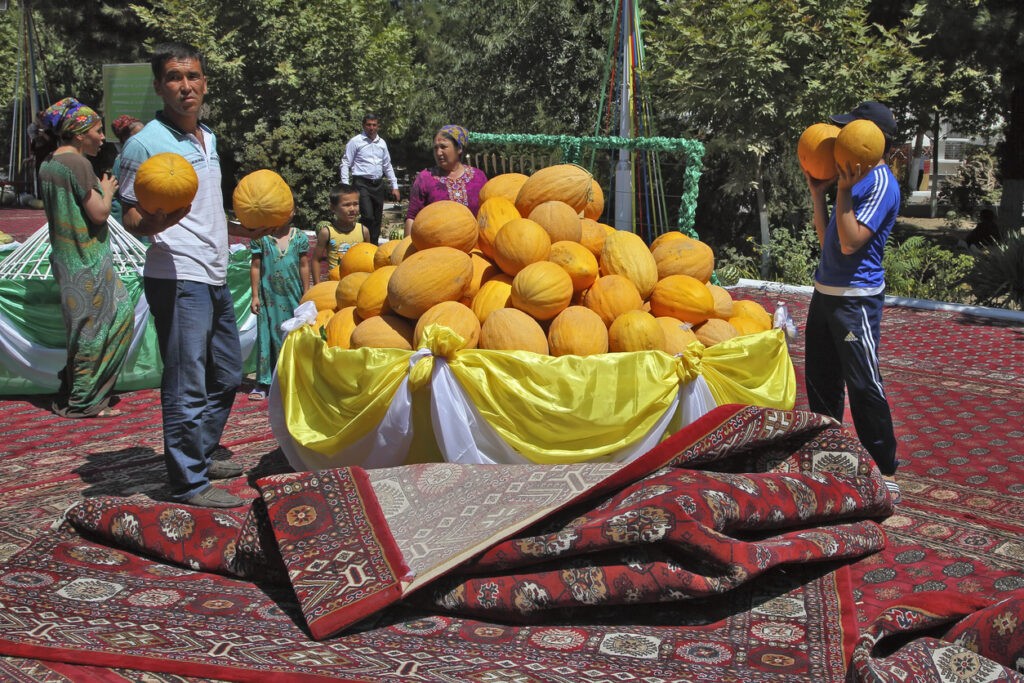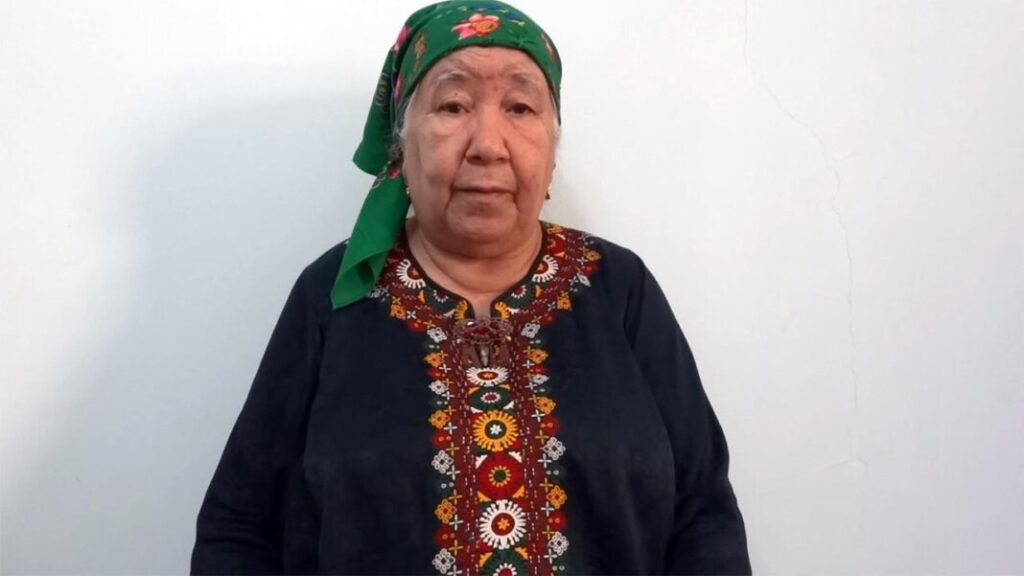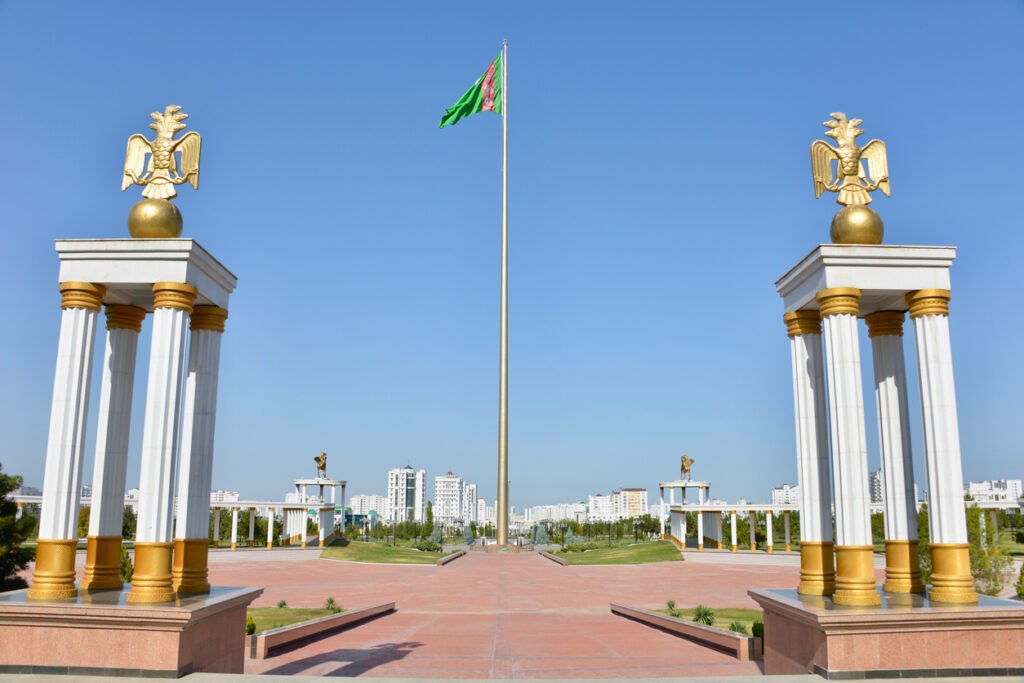Global Human Rights Body Condemns Inaction of Turkmenistan’s Ombudsman
The Global Alliance of National Human Rights Institutions (OHCHR-SCA) has issued sharp criticism of Turkmenistan’s Ombudsman Office. According to the Sub-Committee on Accreditation (SCA), the institution has failed to actively protect human rights despite credible reports of serious violations by state entities. One major concern highlighted by the SCA is the Ombudsman’s lack of responsiveness to appeals from human rights organizations. This raises doubts about its ability to engage in meaningful dialogue and cooperation with key stakeholders. The SCA also expressed alarm over the absence of transparency in how civil society is involved in ensuring the independence and impartiality of the Ombudsman’s operations. Furthermore, limited access for applicants and a poorly maintained website—last updated in February—underscore deficiencies in the institution’s functionality. The controversy surrounding Human Rights Ombudsman Yazdursun Gurbannazarova further fuels criticism. Last year, Gurbannazarova reportedly pressured journalist Soltan Achilova to cancel a planned trip to Geneva, a move widely condemned by observers. These actions reinforce the SCA’s assessment that the Ombudsman’s Office is not fulfilling its mandate. Turkmenistan has long faced scrutiny from human rights organizations for systematic violations. Amnesty International has reported widespread use of torture, denial of medical care to political prisoners, and persecution of opposition figures within and outside the country. Human Rights Watch has documented cases of intimidation, including threats against the families of dissidents living abroad. The SCA’s findings shed light on Turkmenistan’s ongoing challenges in addressing human rights concerns and underscore the need for reforms in its Ombudsman Office to meet international standards.






